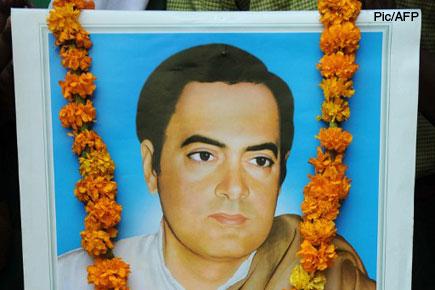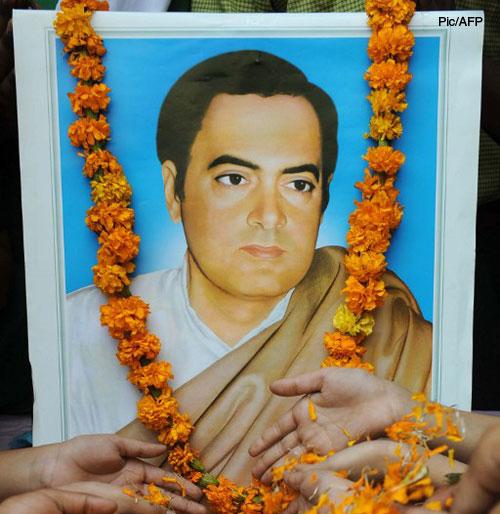Tamil Nadu Government today decided to release all the seven convicts serving life term in the Rajiv Gandhi assassination case, a day after the Supreme Court commuted death penalty of three convicts

Chennai: Tamil Nadu Government today decided to release all the seven convicts serving life term in the Rajiv Gandhi assassination case, a day after the Supreme Court commuted death penalty of three convicts.
ADVERTISEMENT

An emergent meeting of the State Cabinet chaired by Chief Minister J Jayalalithaa took a decision to set at liberty all the seven convicts including Nalini and Perarivalan. Others who will be released include Santhan, Murugan, Robert Pious, Jayakumar and Ravichandran.
Making an announcement in the state Assembly, Jayalalithaa said the state would send the Cabinet decision to the Centre seeking its nod as required under Section Cr.Pc section 435 as the case was filed by CBI in the case.
"If there is no reply within three days from the Centre, the state government will release all the seven under Cr.Pc section 432 in accordance with the powers vested with the state government", she declared. With this decision, the seven serving life term could be free from jail in three days time.
The Supreme Court yesterday commuted the death sentence of three convicts in the case to life imprisonment on the ground of delay in deciding their mercy plea by the Centre. A bench headed by Chief Justice P Sathasivam had rejected the Centre's submission that there was no unreasonable delay in deciding their mercy plea and the condemned prisoners did not go through agonising experience as they were enjoying life behind the bars.
The bench, also comprising justices Ranjan Gogoi and S K Singh, said it was unable to accept the Centre's view and commuted the death sentence of Santhan, Murugan and Perarivalan to imprisonment for life subject to remission by the government. Gandhi was killed in May 1991. His assassins were convicted by a TADA court in January 1998 and were awarded death sentence, which was confirmed by the apex court on May 11, 1999.
 Subscribe today by clicking the link and stay updated with the latest news!" Click here!
Subscribe today by clicking the link and stay updated with the latest news!" Click here!







